Benefits of music therapy for seniors

Music therapy involves the use of music interventions to improve people’s quality of life by offering cognitive, physical, and emotional benefits. A music therapist creates individually tailored lessons that take into account your music preferences and needs. It can help people with a wide range of conditions including dementia, cancer, stroke, mood disorders, and learning […]
What is sickle cell anemia?
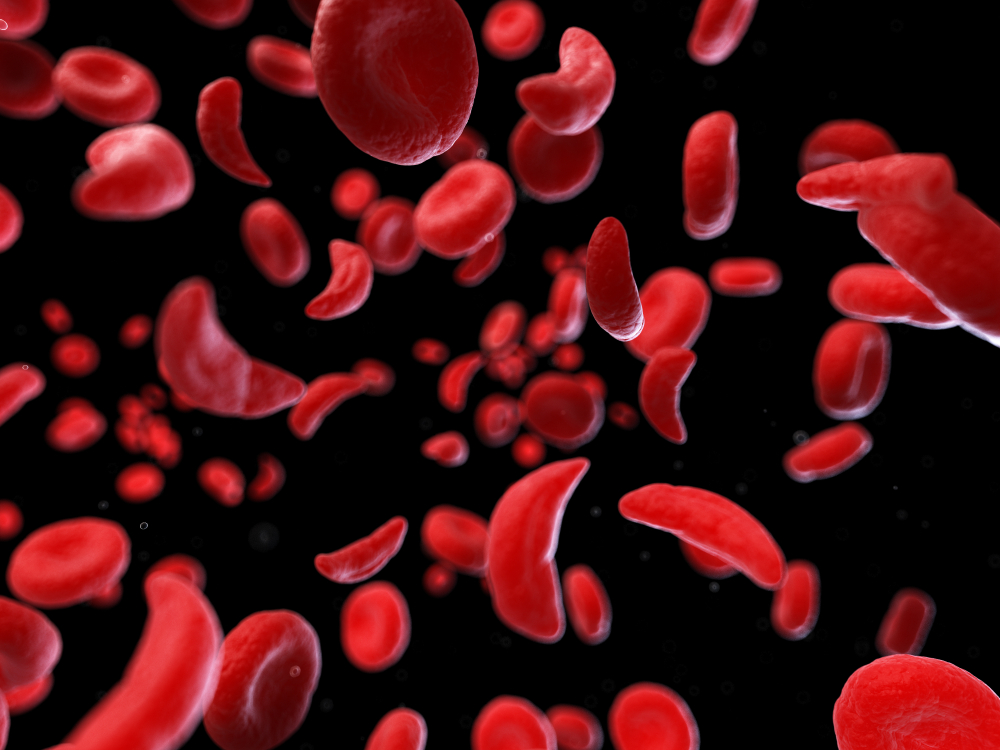
Sickle cell anemia is an inherited disorder that affects more than 20 million people worldwide and has an average life expectancy of about 50 years. It causes red blood cells to sickle or form crescent-shaped cells. The disease develops when a person has mutations in both hemoglobin genes. When someone has a mutation in only […]
Ovarian and prostate cancer

Ovarian cancer originates in the ovaries, which are the female reproductive organs. They are responsible for producing hormones and eggs for fertilization. The most common symptoms of ovarian cancer include swelling or bloating in the abdomen, weight loss, and back pain. A family history of ovarian cancer, mutations in specific genes called BRCA1 and BRCA2, […]
How the eyes work
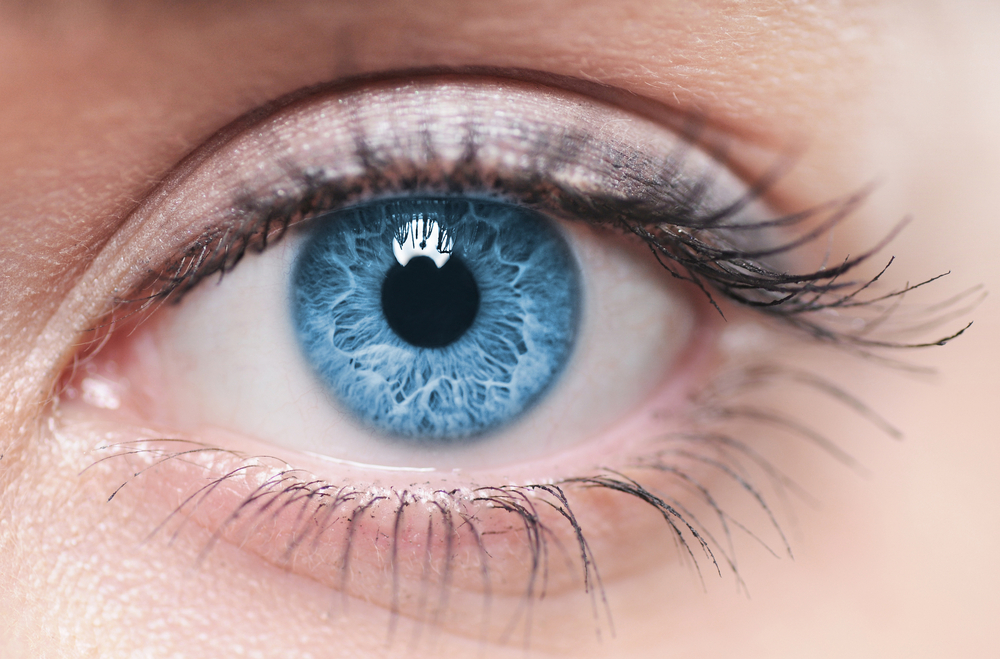
The eyes are part of the visual system and provide us with vision. Although very small, they are one of the most important organs in the body. The eyes convert light into a neural impulse that gets sent to the brain. Light enters the eye at the cornea, which is a transparent thick sheet of […]
The benefits of technology for seniors

Technology has revolutionized all our lives and continues to evolve. However, this rapid rate can make it hard for seniors to keep up. A recent survey found that 61% of seniors own a smartphone which is an increase of 15% since 2018. Below is a list of 5 ways that technology can benefit seniors. 1. […]
An introduction to the reproductive systems
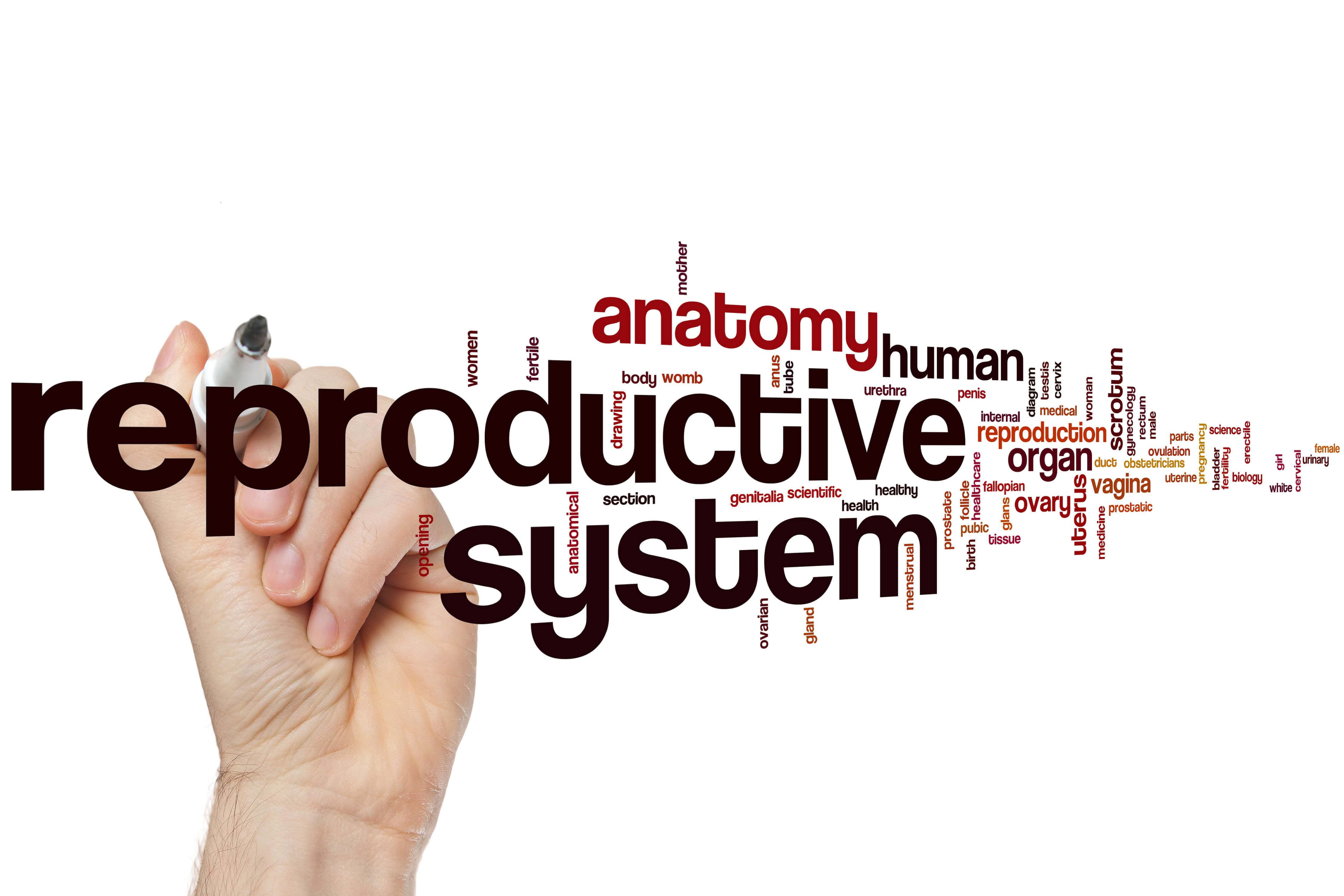
This is the ninth and final blog in a new series that introduces the major systems in the human body. In this blog, we’ll cover the reproductive systems. The male and female reproductive systems produce sperm and egg cells, respectively. The male reproductive system consists of the testes, prostate gland, and penis. The female reproductive […]
An introduction to the endocrine system

This is the eighth blog in a new series that introduces the major systems in the human body. In this blog, we’ll cover the endocrine system. The endocrine system uses hormones (chemical messengers) to control the body’s reproduction, metabolism, and energy level. The major endocrine organs include the pituitary gland, pineal gland, thyroid gland, parathyroid […]
An introduction to the urinary system
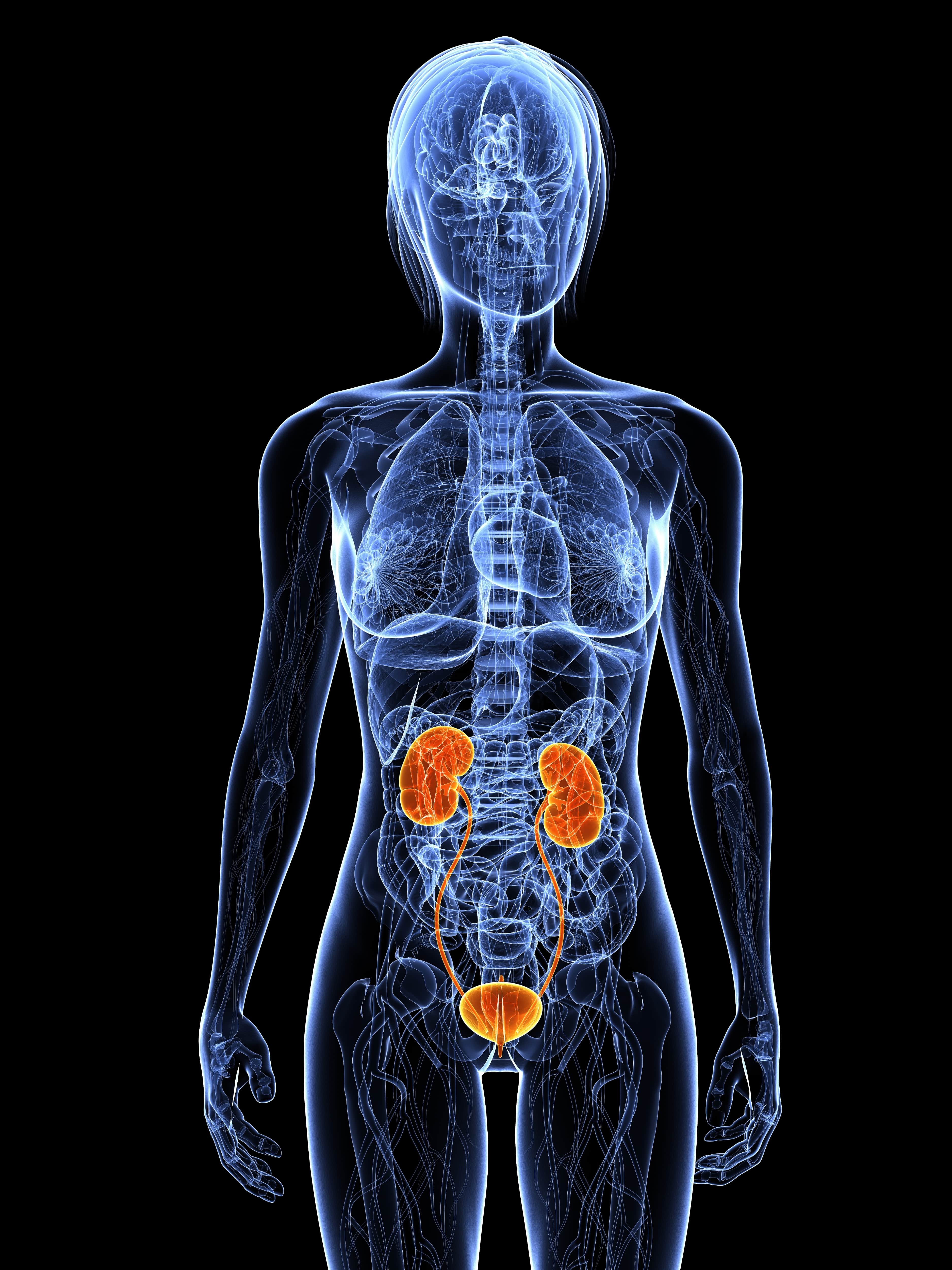
This is the seventh blog in a new series that introduces the major systems in the human body. In this blog, we’ll cover the urinary system. The urinary system filters blood while removing waste. It consists of the kidneys, ureters, bladder, and urethra. The kidneys are vital organs for survival. They filter nearly 200 liters […]
An introduction to the digestive system
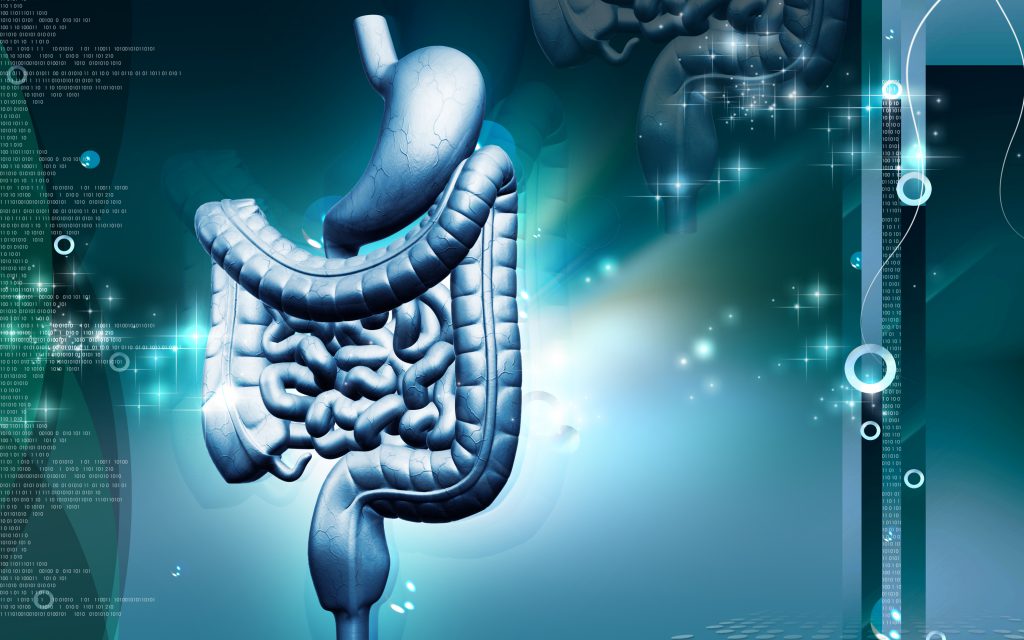
This is the sixth blog in a new series that introduces the major systems in the human body. In this blog, we’ll cover the digestive system. The digestive system consists of the gastrointestinal (GI) tract and accessory organs. The mouth, esophagus, stomach, small intestine, large intestine, and anus make up the GI tract. The accessory […]
An introduction to the respiratory system
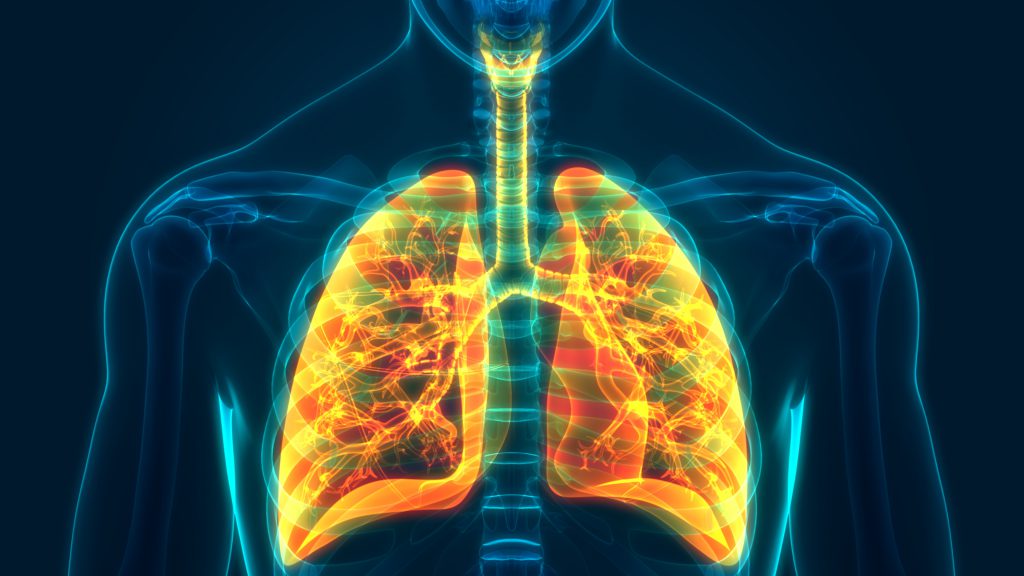
This is the fifth blog in a new series that introduces the major systems in the human body. In this blog, we’ll cover the respiratory system. The role of the respiratory system is to help the body take in oxygen and remove waste. The respiratory system consists of 2 portions: a conducting portion and a […]

